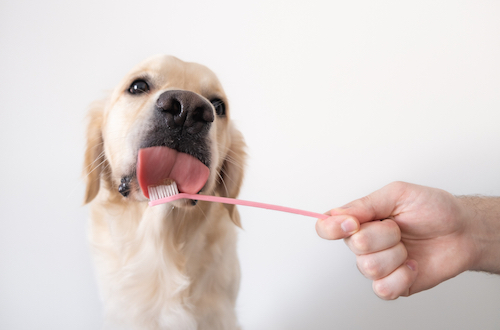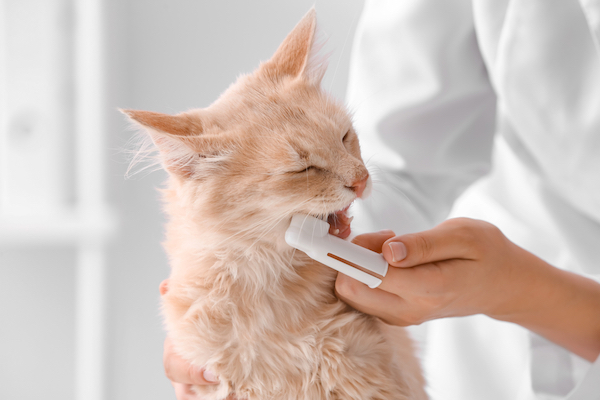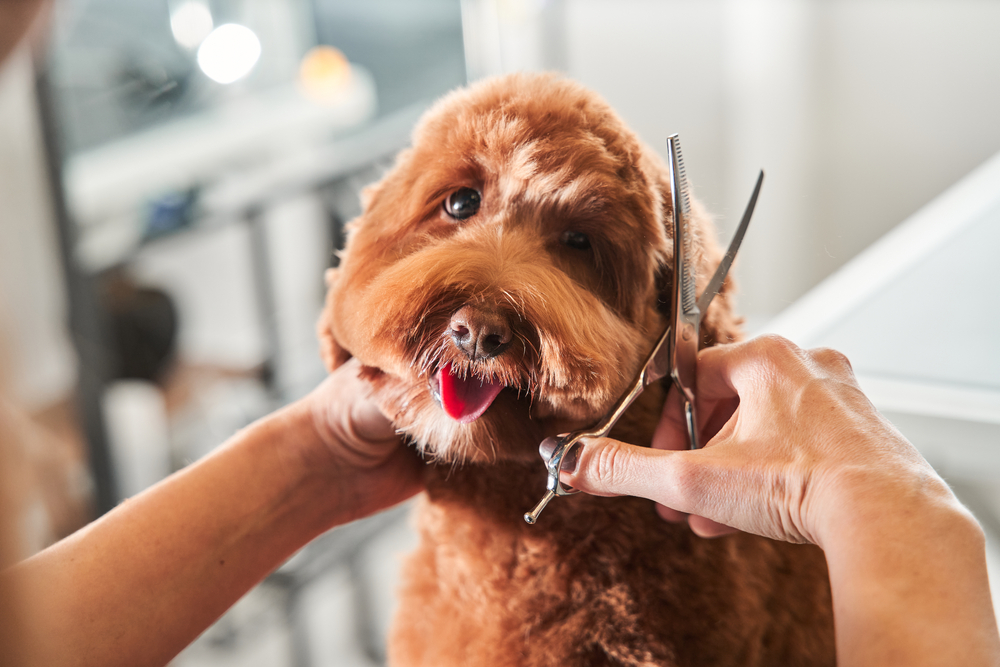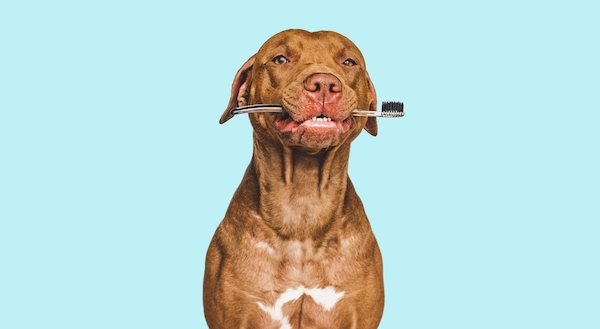
Dental Health Awareness: Preventing Bad Breath and Gum Disease in Pets
As pet parents, we cherish those sweet moments of cuddles and kisses with our furry friends. But what happens when your pet’s breath is anything but pleasant? Bad breath isn’t just a nuisance—it can be a sign of underlying dental issues, including gum disease. Understanding the importance of dental health in pets is key to ensuring their overall well-being.
The Importance of Dental Health in Pets
Just like humans, pets require regular dental care to maintain healthy teeth and gums. Poor dental hygiene can lead to plaque buildup, tartar formation, and eventually, periodontal disease. If left untreated, gum disease can cause pain, tooth loss, and even serious health complications affecting the heart, kidneys, and liver.
Signs of Dental Issues in Pets
It’s essential to recognize the signs of dental problems early. Some common symptoms include:
Persistent bad breath
Red or swollen gums
Difficulty chewing or loss of appetite
Excessive drooling
Pawing at the mouth
Loose or missing teeth
If you notice any of these symptoms, it’s time to schedule a dental checkup for your pet.

Tips to Prevent Bad Breath and Gum Disease
The good news is that preventing dental issues in pets is entirely possible with proactive care. Here are some effective ways to maintain your pet’s oral health:
1. Regular Brushing
Brushing your pet’s teeth at least a few times a week helps remove plaque and prevent tartar buildup. Use a pet-friendly toothbrush and toothpaste, as human toothpaste contains ingredients that can be harmful to pets.2. Dental Treats and Chews
Specially designed dental treats and chews can help reduce plaque and freshen your pet’s breath. Look for products approved by the Veterinary Oral Health Council (VOHC) for maximum effectiveness.3. Healthy Diet
Feeding your pet a balanced diet supports overall health, including dental hygiene. Dry kibble, in particular, can help reduce plaque buildup compared to soft or wet foods.4. Regular Veterinary Checkups
Annual or biannual veterinary exams include dental assessments to catch and address any emerging issues. Professional cleanings are recommended to remove tartar and prevent periodontal disease.
Prioritize Your Pet’s Dental Health Today!
February is the perfect time to focus on your pet’s oral health. If you’re in Luzerne County, PA, we encourage you to book a dental exam for your pet at White Haven Veterinary Hospital. Our team is dedicated to keeping your pet’s teeth and gums healthy, ensuring they lead a happy, pain-free life. Schedule an appointment today and give your pet the gift of fresh breath and a healthy smile!








